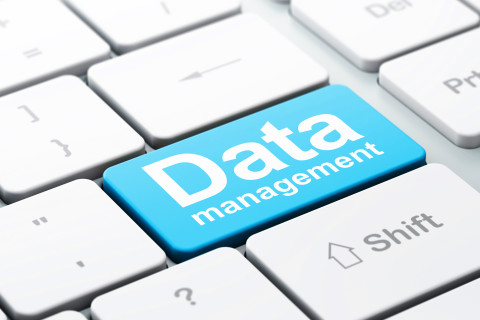UEF Library coordinates the research data management support services of the University of Eastern Finland (UEF Data Support). Research support experts of the Library train and offer guidance on Data Management Plans (DMP) as part of the UEF Data Support services.
UEF Data Support has its own website. There you will find information on research data management at various stages of the research and on the trainings and courses provided by the UEF Library and other experts of the UEF Data Support. You can ask for information on future trainings and support for Data Management Plans at [email protected].
On this page, you will find basic information of what data management includes.
Research data is data produced or used during the study and on which the research results are based. Data management includes the procedures which ensure that research data are easily found and understandable, they can be used and are properly protected throughout the data life cycle. The FAIR principles (Findable, Accessible, Interoperable, Re-usable) are often mentioned in the context of research data management. It is good to remember that even if research data cannot be opened for re-use, the data may still comply with the FAIR principles.
Data Management Plan (DMP) is a document that complements the research plan and describes the data management procedures. It enables the researcher to reduce the risks associated with data and to ensure the ethical, safe and efficient use of research data during and after the research.
Data Management Policy (DMPol) is a document offered by a research infrastructure. It guides the data management of parties using the research infrastructure and can be utilised when writing a data management plan for individual research projects.
The publication and data policy of the University of Eastern Finland states that a DMP should be written when planning a research project. In addition to research organisations, many research funders require a Data Management Plan. If the funder requires that the DMP needs to be approved by the home organisation, UEF Data Support has a DMP commenting service. Read more about the UEF DMP commenting process in intranet (requires UEF IDs).
